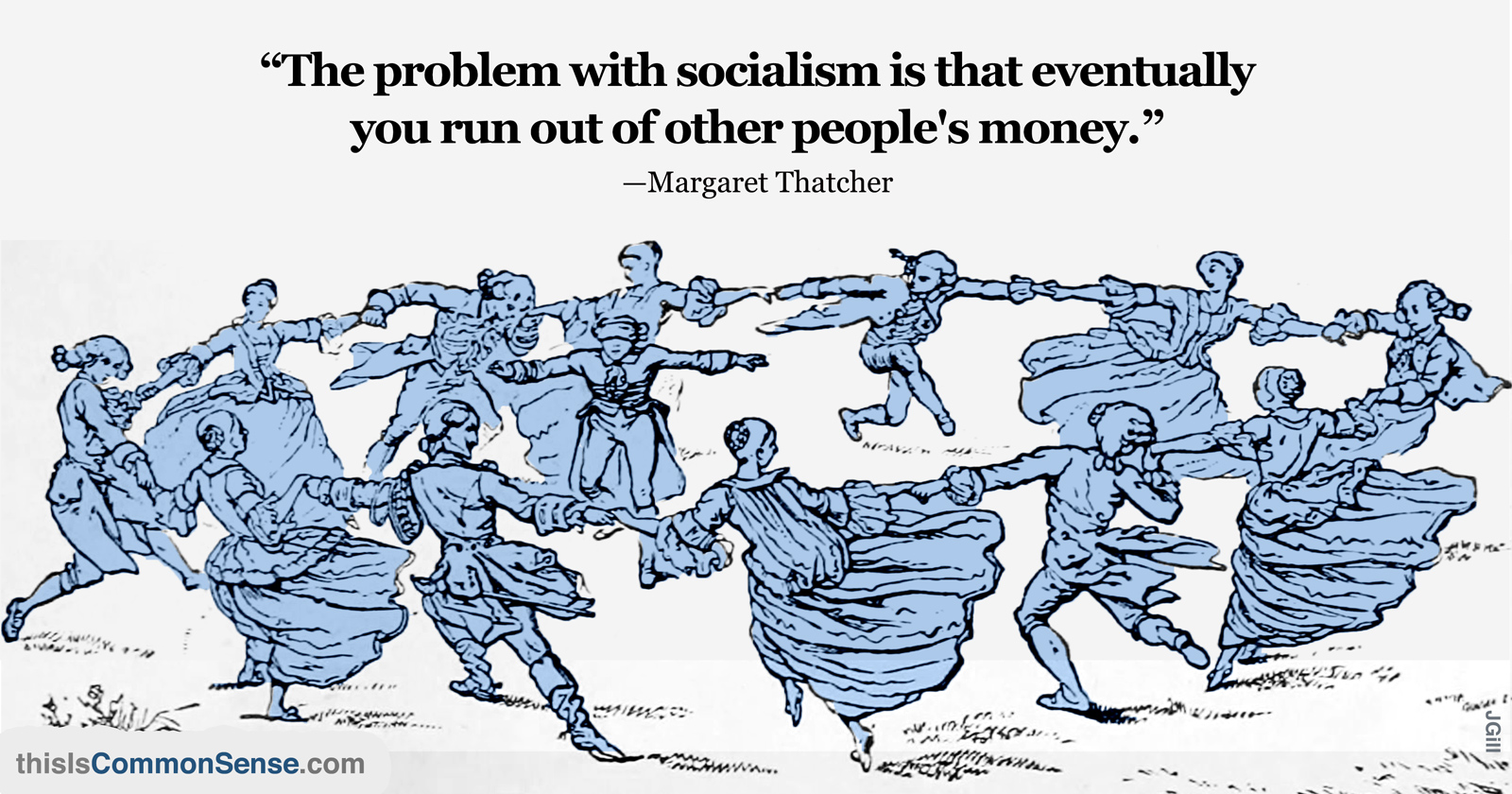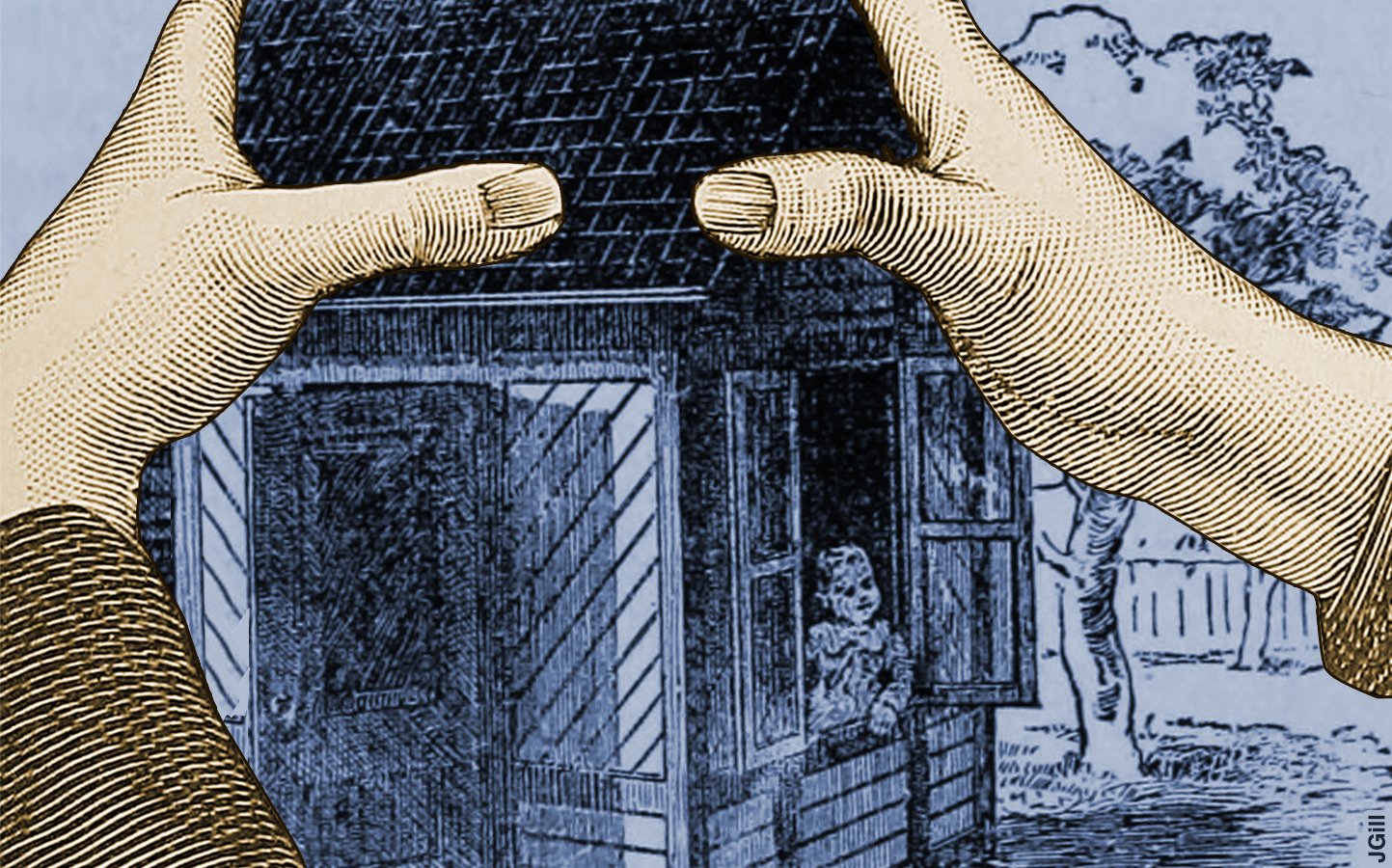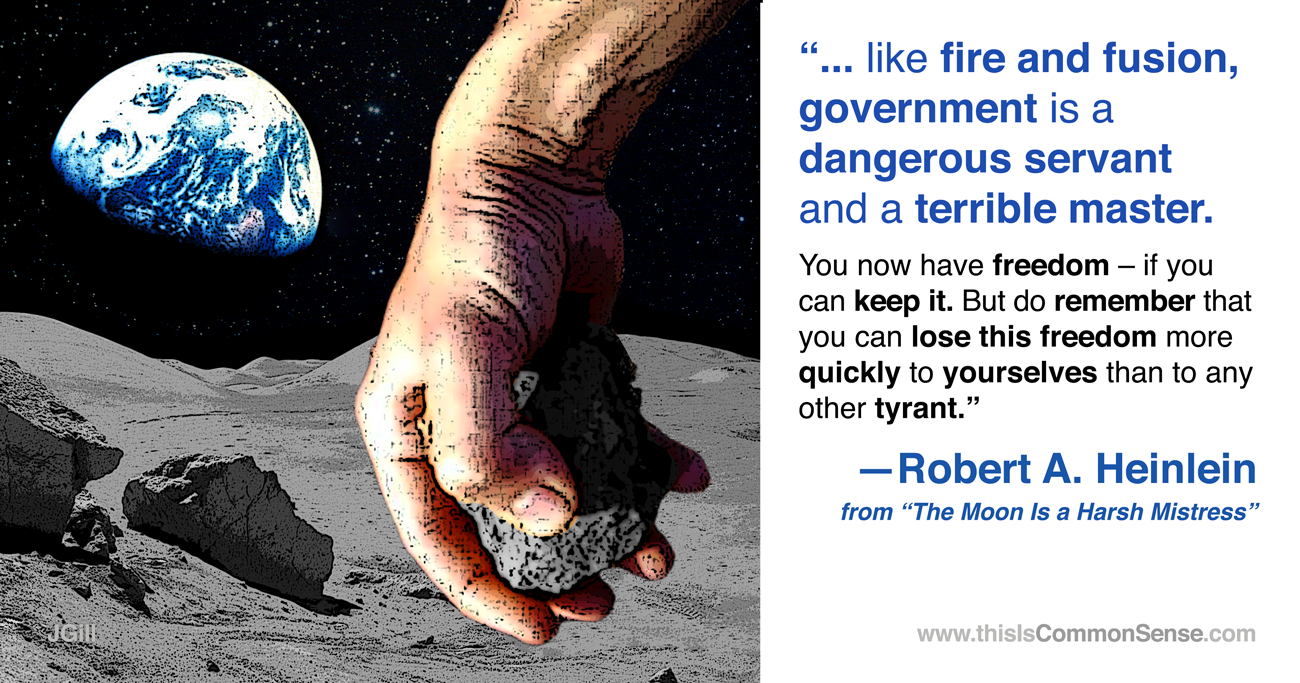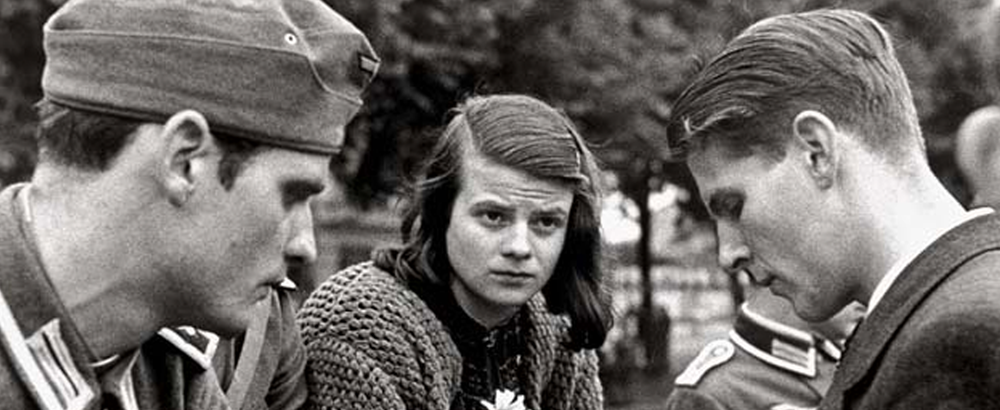I don’t know if Juan Williams is right about who qualifies as America’s most influential thinker on race. But I hope he is.
In a Friday Wall Street Journal op-ed, Fox News’s liberal-leaning political analyst and author of Thurgood Marshall: American Revolutionary (1998), argues that our country’s most important influencer of thought on race is neither some current and trendy academic writer nor our current president (or his outgoing attorney general). Instead, it is none other than Supreme Court Justice Clarence Thomas.
While more famous figures of African-American descent have dominated the news talk shows and airwaves and popular consciousness, Justice Thomas has gone about “reshaping the law and government policy on race by virtue of the power of his opinions from the bench.” While previous African-American racial activists and thinkers have striven to defend the rights of black people, Justice Thomas, “the second black man on the court, takes a different tack. He stands up for individual rights as a sure blanket of legal protection for everyone, including minorities.”
Opposed to “perpetual racial tinkering,” Thomas has marshaled Frederick Douglass’s words to make his case: “What I ask for the Negro is not benevolence, not pity, not sympathy, but simply justice.” And justice, in Clarence Thomas’s judgment, does not entail a constant rescue-worker attitude towards minorities, or other disadvantaged folks. It requires nothing other than equality of rights before the law.
And perhaps some hard work on the part of the disadvantaged.
Hats off, then, to Juan Williams for recognizing the importance of Thomas’s common sense contention that “black people deserve to be treated as independent, competent, self-sufficient citizens.”
This is Common Sense. I’m Paul Jacob.
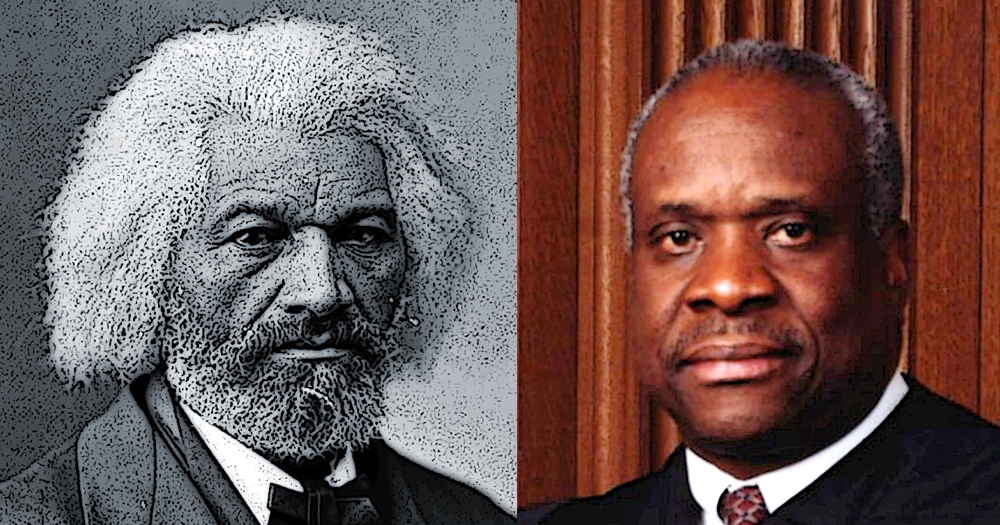
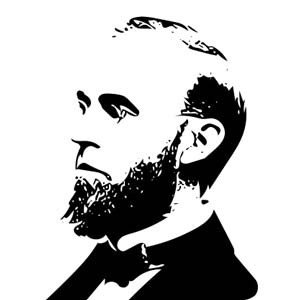
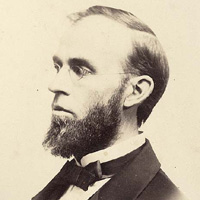 What is called the Progress of Civilization has been marked and conditioned at every step by an extension of the opportunities, a greater facility in the use of the means, a more eager searching for proper experdients, and a higher certainty in the securing of the returns, of mutual exchanges among men.
What is called the Progress of Civilization has been marked and conditioned at every step by an extension of the opportunities, a greater facility in the use of the means, a more eager searching for proper experdients, and a higher certainty in the securing of the returns, of mutual exchanges among men. [T]he powers reserved by the people [under the Constitution] render them secure, and until they themselves become corrupt, they will always have upright and able rules.
[T]he powers reserved by the people [under the Constitution] render them secure, and until they themselves become corrupt, they will always have upright and able rules.